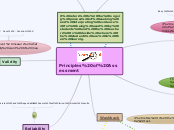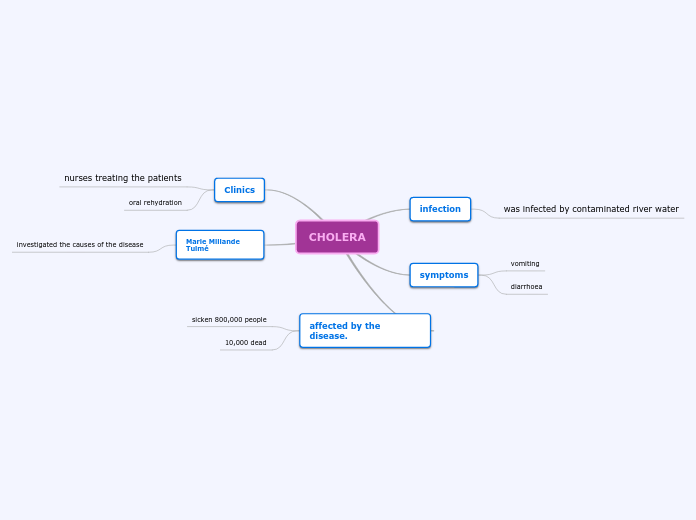How does PTSD affect everyday life.
data/stats
almost 50% of all outpatient mental health patients have PTSD
an estimated 1 out of 9 women have PTSD, making them about twice as likely to develop it
an estimated 8% of Americans
have PTSD
What is PTSD
mental health condition
triggered by a terrifying event
could have experienced it
can be a witness
Everyday life
suicidal thoughts/actions
eating disorders
issues with drug/alcohol
abuse
give you depression/anxiety
Who is Affected
can affect men and women
of all ages
people with mental health problems
people with relatives with ptsd
veterans
US provides health care to 5 million veterans each year
started as a condition combat veterans got
cause
stress
family history
personality
depression
anxiety
trauma
childhood abuse
an accident
combat exposure
physical assult
Symptoms
negative mood/thinking changes
memory problems
lack of interests in activities
once enjoyed
feeling detached from family
feeling emotionally numb
difficulty maintaining close
relationships
hopelessness about future
avoidance
intrusive memories
irritability
angry outbursts
agressive behavior
temper tantrums
trouble concentrating
trouble sleeping
self-destructive behavior
driving too fast
drinking too much
easily startled/frightened
Treatment
Present Centered Therapy
teaches problem solving strategies to deal with current life stressors
non-trauma focused treatment
medication
1/10 people take antidepressants
Ketamine
helps lift depression
works in hours
Benzodiazepines
relaxation
add on drug
short term
Serotonin-Norepinephrine Reuptake Inhibitors (SNRIs)
selective serotonin reuptake inhibitors (SSRIs)
makes you happier
Psychotherapy
Cognitive Behavior Therapy (CBT)
Stress Inoculation Training (SIT)
assertiveness skills
cognitive restructuring
muscle relaxation
breathing retraining
aims to reduce anxiety
Eye Movement Desensitization and Reprocessing (EMDR)
listening to a sound or a back and forth movement while thinking about the trauma memory
processing upsetting trauma-related memories, thoughts and feelings
Prolonged Exposure (PE)
imaginal exposures
helps stop avoiding trauma reminders
behavioral therapy techniques
Cognitive Processing Therapy (CPT)
impact it has had on the persons beliefs
evaluates and changes trauma related thoughts









